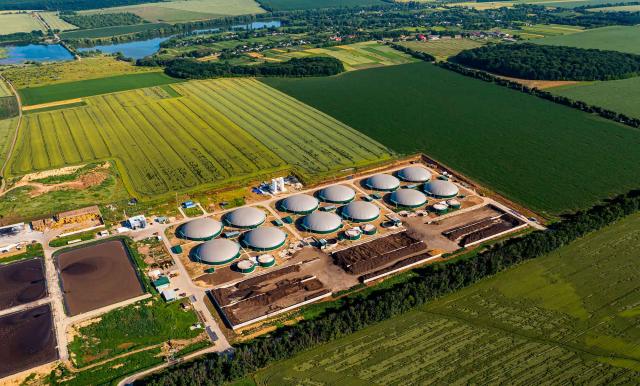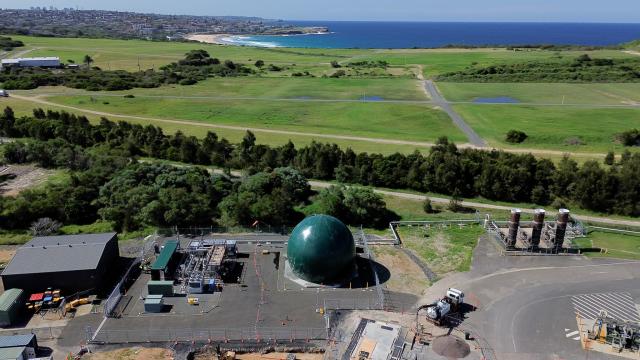An effective transition to renewable gas could play a crucial role in helping Australia reach emissions reduction targets, while addressing any emerging energy shortages.
That is the belief of Jemena’s Shaun Reardon, Executive General Manager of Jemena Networks, urging us to look to Europe and North America for compelling evidence that the worthy pursuit of emissions reduction does not need to exclude gas networks. Rather, embrace renewable gas.
Europe is in the midst of a gas revolution, methodically weaning itself off Russian natural gas and developing its own renewable energy source; dotting its map with an extensive array of biomethane plants, in-turn reducing emissions. With gas, not without.
“Rather than pivot away from gas, Europe played to its strengths, transitioning the very gas its nations were so reliant upon, to a renewable source,’’ Mr Reardon said.
“It was collective common sense; using the EU’s extensive gas infrastructure already in place to deliver biomethane, made from organic waste, to homes and businesses.”
In France, 149 biomethane plants were opened last year alone, either connected to the gas network, or powering community and industrial zones. Denmark too is well on the way to a renewable gas transition. Biomethane already makes up 25 per cent of its gas supply. Energinet Denmark predicts it will be at 100 per cent by 2034.
“Reducing emissions, building fuel security, and ensuring manufacturers and industry maintain their competitiveness, all via renewable gas,’’ Mr Reardon said. “Given our reliance on gas, the opportunities to replicate this sustainable transition being experienced in Europe is there for the taking. But it requires the policy framework to be put in place to encourage investment, develop capacity, and help build sovereign capability of renewable gas here in Australia,’’ Mr Reardon said.
A recent energy roundtable hosted by the Australian Financial Review in July highlighted our state of policy preparedness.
The head of growth at Australian bioenergy group EDL Energy, Jason Dickfos, told the roundtable his company had invested $600 million into the renewable gas sector in the US, where demand for biomethane and renewable fuels is insatiable.
“That is $600 million more than we’ve been able to invest in Australia. Imagine the benefits for many local economies with that level of investment in an Australian renewable gas sector,” Dickfos told the AFR.
Earlier this year, Jemena began injecting biomethane into its NSW network at the Malabar Biomethane Project in South-East Sydney, aiming to scale-up production over one-to-two years.


















